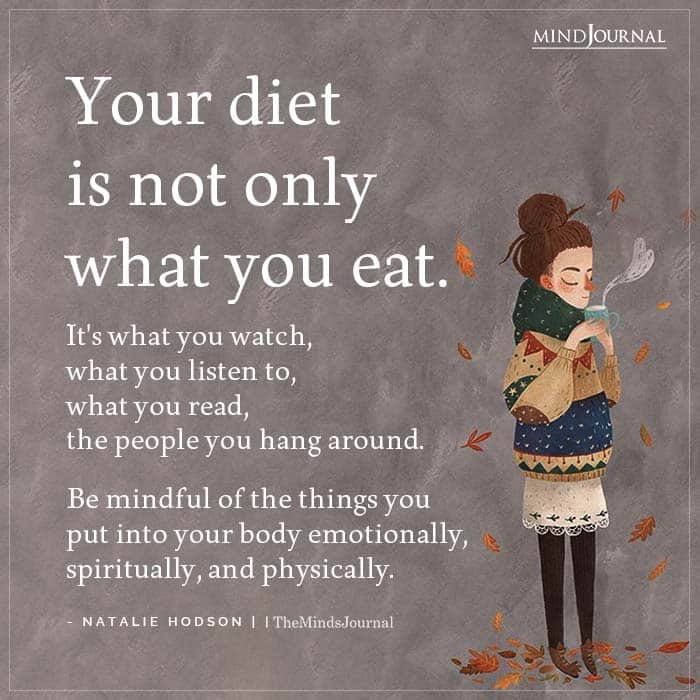With the world surrounded by messages from the diet industry, diet culture, and media claiming fast weight loss, it is little wonder that many people remain confused about how to lose weight and keep it off. In fact, keeping it off can be even more challenging than losing weight in the first place.
The evidence? According to recent statistics, diets fail 95 percent of the time. Many people fall off the wagon and gain all the weight back and then some. And yet, annual spending on dieting in America is in the neighborhood of $72 billion.

What Does This Tell Us?
That a lot of people are trying! It is a concern for many, to the extent that they are willing to put their faith in yet another plan, and often end up spending their hard-earned money. Why do people continue to sign on to the next diet? What is missing from the message about how to lose weight?
When a plan offers advice and little else, it is covering only a patch of the total ground to cover. Yes, it is important to give dieters direction. After all, they need to know what the goal is. They need guidelines for food choices, when to eat, how much to eat, and possibly some food preparation and recipe ideas.
With this approach, maybe things go along well for a while, but it is clear that most diets are not sustainable. Maintenance is a huge problem.
Also read 10 Superfoods That Prevent The Growth Of Cancer
What’s Missing?
For insight into what may be missing from diet programs, let’s take a look at recent statistics from Precision Nutrition. This organization has worked with over 100,000 clients and has achieved over 1,000,000 pounds lost. They ask their clients about their biggest challenges when it comes to dieting. The results are revealing.
Sixty-three percent of clients responded that emotional/stress eating was their number-one problem. A close second and third place came in at a lack of planning (53%) and cravings (52%). Notice that both of these are related to emotional/stress eating. Other highly rated problems reported were also related to emotional/stress eating: snacking when not hungry, eating quickly, having a sweet tooth, eating out frequently, and large portions.
Given these results, it appears that emotional eating, with all its ramifications, needs to be addressed in the diet process.
Let’s Take a Look at Two Approaches That Have Done This
Several studies have shown significant progress using mindfulness to combat obesity if done using coaching and frequent monitoring. In a literature review of many of these studies, it was concluded that mindfulness can have a major effect on binge eating, emotional eating, and external eating. Mindfulness was used to create detachment from the emotion and the eating response.
Another approach has focused on resolving ambivalence to change through motivational interviewing. This type of approach has been used successfully with alcoholics, who tend to be highly resistant and use denial as a major defense. The basis of motivational interviewing is using empathy to establish an interpersonal connection and then leading the client to initiate their own change talk. Motivational interviewing is now being used to bring about change in other health behaviors.
Also read The Food Craving Guide: What You Crave For and What Your Body Actually Needs
Change of Focus
What is the change of focus brought about by mindfulness and motivational interviewing, and how can we channel it? We can change the focus from external (extrinsic) advice to developing the internal (intrinsic) skills needed to conquer emotions related to food and eating. We also need to create awareness of what has been happening when diets fail.
As part of the solution, perhaps we could ask potential dieters eight quick questions to encourage some personal reflection about the process. More specifically, bringing out the fundamental concept of conquering emotional eating to avoid relapse back to previous habits.
For example:
1. What results are you expecting from this diet? Will you be getting to your ideal weight and maintaining it?
2. What do you hope to learn from your diet approach this time?
3. Why did you discontinue your last diet?
4. Are you hoping this next diet will stop you from overeating for good?
5. Do you, like so many others, eat because of emotions or stress, not hunger?
6. Do you believe your next diet will help you with that?
7. Does this next diet feel like an exercise in willpower or a real change to healthier eating?
8. Do you know that becoming mindful of what drives you to eat has been shown to be an effective way to help you lose weight and keep it off?
Clearly, there are no easy answers or quick-fixes to help people get off the diet roller coaster. The issue of diets and why people eat is extremely complex. But the more we can encourage people to consider an internal approach rather than an external one and offer some proven solutions, the closer to making progress in this area we will be.
References 1. Marcia Pell, RDN, LDN, CDCES. Dieting Statistics: What the Research Says About Diets. July 2, 2019. 2. GlobeNewswire. United States Weight Loss and Diet Control Market Report 2019: Value Growth Rates of All Major Weight Loss Segments – Early 1980’s to 2018, 2019 and 2023 Forecasts. Feb. 25, 2019. 3. Krista Scott-Dixon, PhD., MJ Perrier, PhD. Exclusive data: How to overcome the 8 biggest diet problems, based on 100,000 client results. Precision Nutrition. 4. O’Reilly GA, Cook L., Spruit-Metz D, Black DS. Mindfulness-based interventions for obesity-related eating behaviors: a literature review. Obesity Reviews, 2014; June 15(6):453-461. 5. Pocs D, Hamval C, Kelemen O. Health behavior change: motivational interviewing. Orv Hetil, 2017; Aug. 158(34):1331-1337.
Written by: Kristen Carter
Originally appeared on: Psychology Today
Republished with permission










Leave a Reply